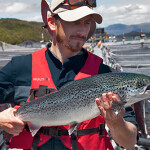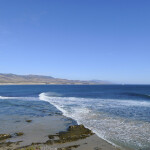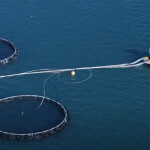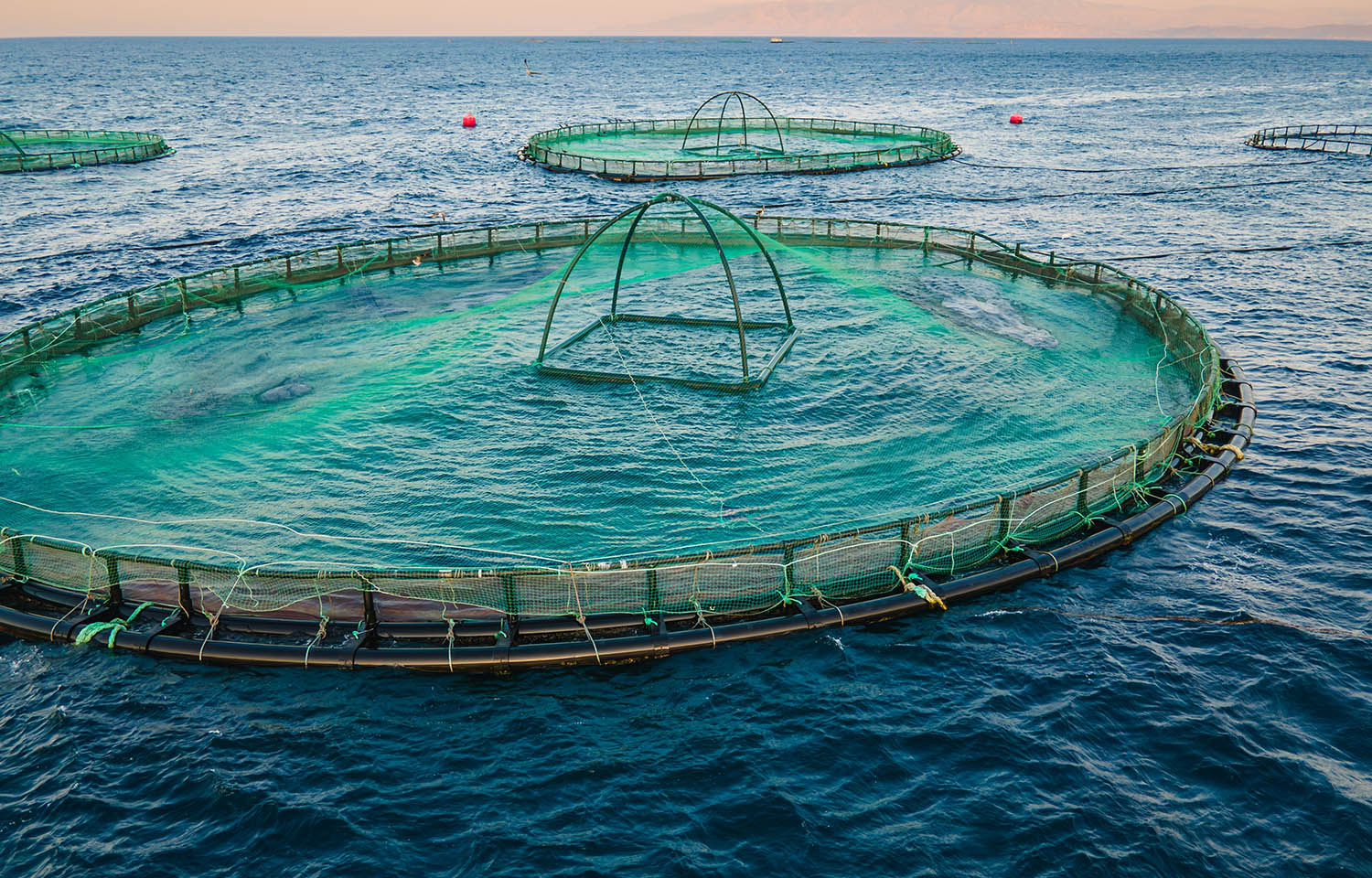A new bill from U.S. Representative Mary Peltola (D-Alaska) would ban U.S. agencies from permitting or supporting offshore aquaculture in federal waters without authorization from Congress.
The Domestic Seafood Production Act (DSPA) would specifically put a halt to ongoing governmental efforts to foster and encourage finfish farming in federal waters as Congress considers the future of offshore aquaculture in U.S. waters.
“Industrial offshore fish farming causes ecological and economic harm to our coastal communities, especially to fishermen and mariculture producers who live and work there,” Peltola’s office stated in a fact sheet on the legislation. “Factory-scale marine fish farming, wholly distinct from other forms of responsibly sited and scaled aquaculture on land or nearshore, harms wild fish populations and other marine wildlife via polluted water, incubation and spread of diseases, use of toxic chemicals, and fish escapes.”
Finfish farming is already banned in Alaska state waters, but the U.S. government has actively promoted offshore aquaculture elsewhere, designating aquaculture opportunity areas where the industry could be successful – an activity that Peltola’s office claims ignores an order from the U.S. Fifth Circuit Court of Appeals.
In May, NOAA Fisheries released a draft aquaculture economic development plan outlining the agency’s plans for supporting the burgeoning sector. The plan was praised by industry representatives.
Offshore aquaculture advocates claim, though, that the sector has been hindered by a lack of clear regulatory authority and national standards.
“To build a robust, resilient, globally competitive, and environmentally sustainable domestic aquaculture sector, federal agencies must have clear statutory authority and a timely and affordable regulatory process to establish farms in U.S. waters,” Stronger America Through Seafood (SATS) Campaign Manager Drue Banta Winters said in May. “Until that is established, aquaculture will remain hindered in the U.S.”
Other lawmakers have introduced legislation that would provide more clarity and uniformity around offshore aquaculture. For example, the Science-based Equitable Aquaculture Food (SEAfood) Act would establish an offshore aquaculture assessment program and commission studies on aquaculture regulation, while The Advancing the Quality and Understanding of American Aquaculture (AQUAA) Act would establish national standards for offshore aquaculture and create a uniform permitting system. Both of those bills have received support from the aquaculture sector.
Peltola's bill would largely put a halt to these efforts, however, and would also provide competitive grants to support seafood and mariculture processing in coastal communities.
"In Alaska, so many communities rely on fish and seafood production both for subsistence and good-paying jobs,” Peltola said in a statement. “My bill would support our local fishing and maritime communities while strengthening our domestic seafood supply chain.”








